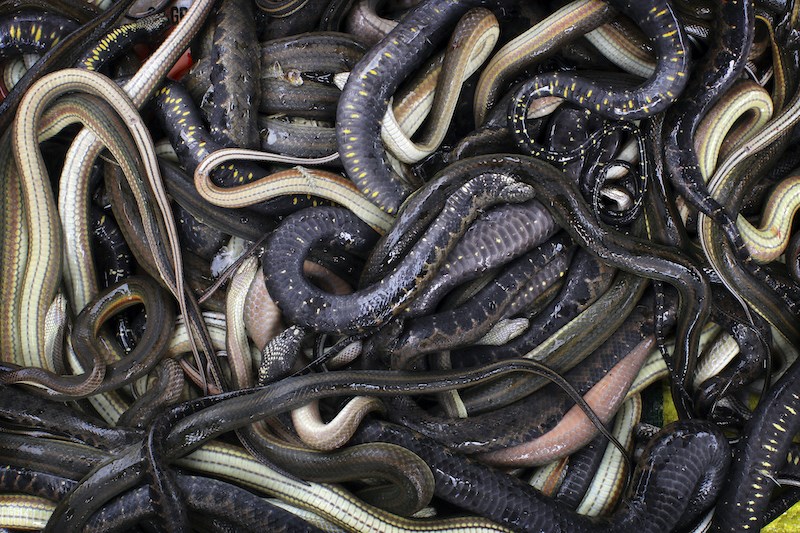Have you ever wanted to have a pet in your pad but your landlord didn't allow it?
If you live in Vancouver and have lived in a "no pets" building, you are far from alone.
While some rental properties allow cats, few of them allow dogs; many places don't allow any type of critter.
But that doesn't stop some tenants from trying to sneak in pets.
According to of the Residential Tenancy Act, landlords are responsible for providing and maintaining their residential properties in a state that complies with the health, safety and housing standards required by law.
Tenants also bear a responsibility to uphold the cleanliness of their rental units. Further, they must also disclose what pets they plan on bringing into their unit.
If the tenancy agreement says that pets aren’t allowed and the tenant gets a pet, two things could happen:
- The landlord may give the tenant a “breach letter” that explains how the agreement has been broken, how much time is allowed to remove the pet and what will happen if the pet is not removed (e.g. eviction)
- The landlord and tenant may agree to change this term and record it in the agreement
Even if a tenant is allowed to get a pet, the tenancy agreement can include restrictions on the size, kind, and the number of pets allowed. If pets are allowed, the landlord will need to schedule a unit inspection.
Sneaking in a couple... or many pets
The landlord in one said the tenant had lizards, snakes, spiders, and fish "as pets" and that she bred mice, rats, tadpoles, and crickets to feed them. The tenant, however, claimed that she only had two fish tanks, one small snake, an iguana, and a bearded dragon.
Regardless, the landlord stated that they never approved any of these pets. Additionally, they said they received their first complaint in April 2014 when other tenants complained of a foul odour emitting from the unit.
When the landlord discovered the pets, they instructed the tenant that they had to get rid of them or move out. Since they refused to do either, the landlord gave them a one-month notice to end the tenancy.
In the end, the RTB deemed the unit unrentable due to damage caused by the pets. It found that the unit was in good condition when the tenant moved in, too. The landlord was permitted to retain the security deposit and the tenant was ordered to also pay $862.50 to them.


